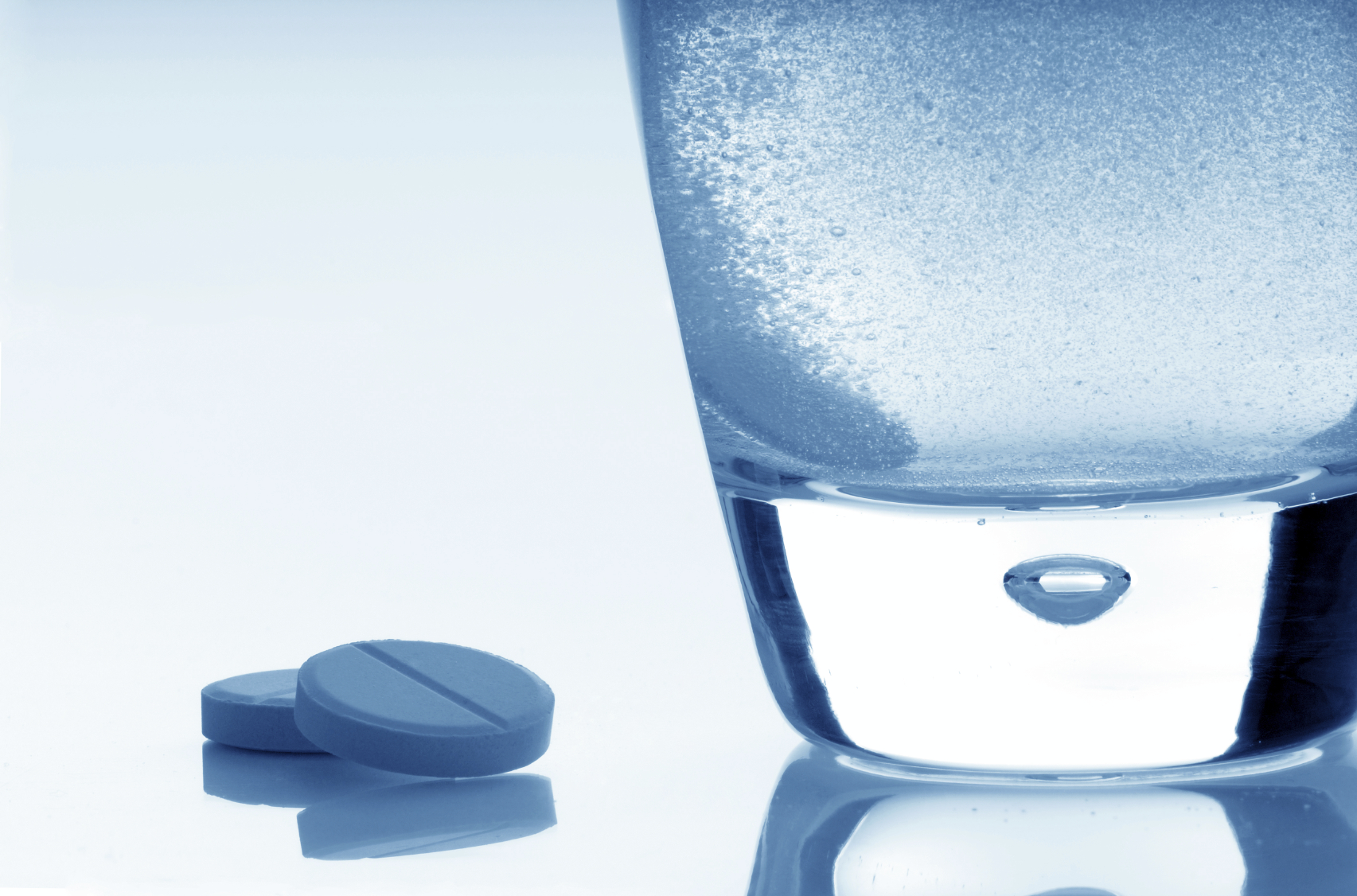For years doctors, drug companies, and the FDA recommended a daily “baby aspirin” to prevent heart attacks and strokes as we age. And millions of us have been following that advice.
But what most people don’t know is that the FDA has quietly reversed its stance.
The agency now says daily aspirin exposes us to significant health risks.1,2
In a little-noticed press release, the FDA stated:
“The FDA has reviewed the available data and does not believe the evidence supports the general use of aspirin for primary prevention of a heart attack or stroke. In fact, there are serious risks associated with the use of aspirin, including increased risk of bleeding in the stomach and brain, in situations where the benefit of aspirin for primary prevention has not been established.”
In other words, you shouldn’t take daily aspirin if you haven’t had a previous heart attack or stroke.
What prompted this dramatic turnaround by the FDA? Ironically, it was Big Pharma’s greed.
In 2014, Bayer requested permission to change its aspirin label. They wanted to advertise that aspirin can help prevent heart attacks in everyone. Aspirin already was generating about $1.27 billion for Bayer. But the company wanted more.
The Bayer label request prompted the FDA to scrutinize the long-held belief that daily aspirin prevents heart attacks. Evidence was lacking. The FDA not only killed Bayer’s labeling hype… In May of 2014, it issued a warning against daily aspirin for those who haven’t had a prior heart attack.3
The problem is that few people know about the FDA warning. The drug companies certainly didn’t want to publicize it. And neither did the mainstream media. They make a fortune from Big Pharma advertising.
As a result, millions continue to risk their health by taking daily aspirin.
Studies show that more than 10% of people taking low-dose aspirin develop gastric ulcers. And long term use doubles risk of stomach bleeding.4,5,6
Other serious side effects include brain bleeding and increased blood pressure.
Certain people are at higher risk. They include people who:
- Are over 60
- Are pregnant or nursing
- Have three or more drinks of alcohol every day
- Have liver or kidney disease
- Take a blood thinner
- Take high blood pressure medication
Fortunately there are natural alternatives to daily aspirin for heart health. And they don’t have dangerous side effects.7
Garlic tops the list. It contains allicin, a potent antioxidant. Garlic improves blood circulation, particularly in the aorta. It reduces damage from low oxygen levels and reduces cholesterol. The recommended dosage is between one and three cloves daily added to foods.
If fresh garlic is too pungent for you, take a supplement. Odor-free capsules are available in health food stores and online.
Turmeric contains curcumin. It has been proven to protect you from atherosclerosis and heart disease. Turmeric has a similar blood-thinning effect to aspirin. A typical daily turmeric supplement dose is 400-600 mg.
Willow bark contains salicin. This is the same compound in aspirin that thins blood and relieves pain. Take 1-3 grams daily.
If you are taking daily aspirin now, talk to your doctor before stopping. Quitting cold turkey could lead to a blood clot since your body has been relying on aspirin to thin your blood.8
If you’ve had a heart attack or stroke and are taking daily aspirin, talk to your doctor about using a buffered brand. They can lessen the risk of stomach bleeding.9 But aspirin isn’t the only dangerous drug you need to worry about…
We list several others in our special report, The Top 10 Dangerous Pharmaceutical Drugs—And Their Natural Alternatives. It’s an important read for you and your family. Why? Because millions of Americans taking these deadly pills. There’s a good chance someone you love is endangering his or her life. And they may have no clue.
You’ll discover a proven plant extract that works as well as antidepressants—but without horrible side effects… A common nutrient that 23 studies have shown decreases blood pressure… An antioxidant found in beer that not only relieves joint pain, but can help you feel relaxed and calm… And we’re just getting started.
In Good Health,

Angela Salerno
Publisher, INH Health Watch
Like this Article? Forward this article here or Share on Facebook.
References:
1http://bangordailynews.com/2015/07/27/health/why-the-fda-is-warning-americans-about-ibuprofen/
2http://www.fda.gov/Drugs/ResourcesForYou/Consumers/ucm390574.htm
3http://articles.mercola.com/sites/articles/archive/2014/08/04/daily-aspirin-side-effects.aspx
4http://bangordailynews.com/2015/07/27/health/why-the-fda-is-warning-americans-about-ibuprofen/
5http://www.fda.gov/Drugs/ResourcesForYou/Consumers/ucm390574.htm
6http://www.webmd.com/drug-medication/otc-pain-relief-10/pain-relievers-nsaids
7http://www.livestrong.com/article/111921-natural-alternatives-aspirin-heart-health/
8http://www.mayoclinic.org/diseases-conditions/heart-disease/in-depth/daily-aspirin-therapy/art-20046797
9http://www.webmd.com/drug-medication/otc-pain-relief-10/pain-relievers-nsaids

